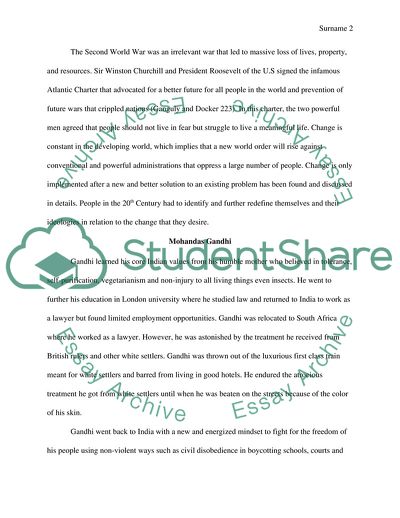Cite this document
(Self-determination around the world during the twentieth century Essay, n.d.)
Self-determination around the world during the twentieth century Essay. Retrieved from https://studentshare.org/history/1787787-self-determination-around-the-world-during-the-twentieth-century
Self-determination around the world during the twentieth century Essay. Retrieved from https://studentshare.org/history/1787787-self-determination-around-the-world-during-the-twentieth-century
(Self-Determination Around the World During the Twentieth Century Essay)
Self-Determination Around the World During the Twentieth Century Essay. https://studentshare.org/history/1787787-self-determination-around-the-world-during-the-twentieth-century.
Self-Determination Around the World During the Twentieth Century Essay. https://studentshare.org/history/1787787-self-determination-around-the-world-during-the-twentieth-century.
“Self-Determination Around the World During the Twentieth Century Essay”. https://studentshare.org/history/1787787-self-determination-around-the-world-during-the-twentieth-century.


